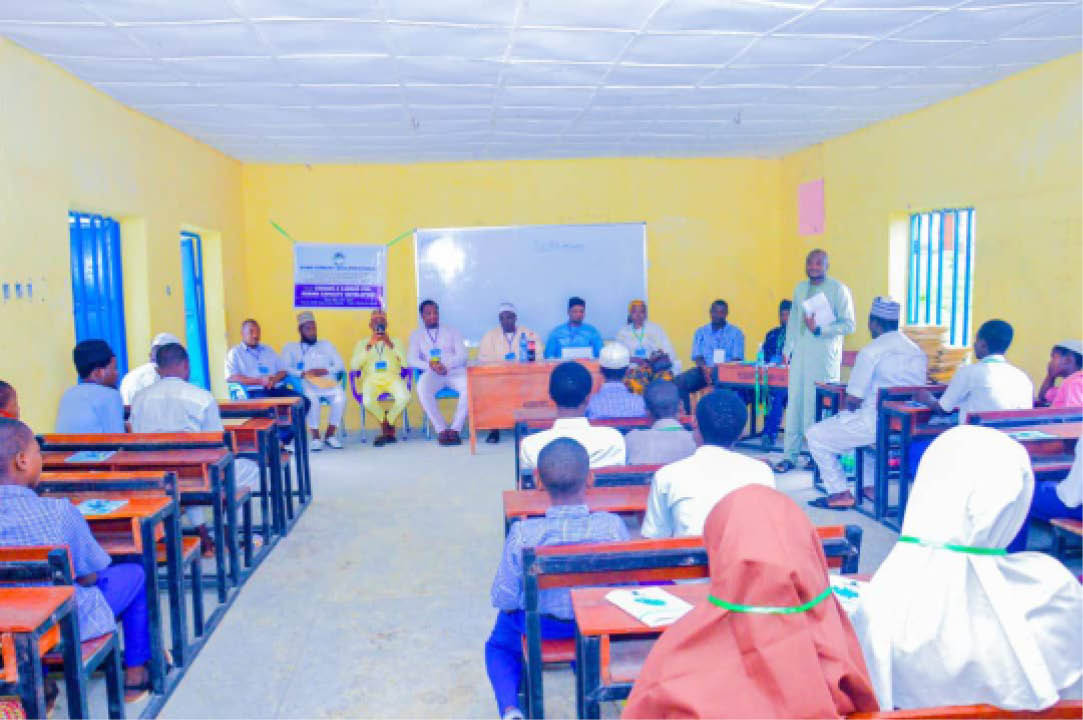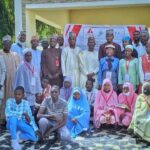The Permanent Secretary, State House, Mr. Tijani Umar, has said giving students opportunity to access archives and records will help preserve the history and culture of Nigeria as well as boost learning.
Umar, who stated this recently during the public presentation and launch of the ‘Hand Book for Modern Archives and Records Management’, said arrangements would soon be concluded for students in public and private schools, especially secondary schools, to access the State House Library and Archives on tour.
Gombe gov’t to boost public schools with 1000 new teachers
Digital tech can boost local product export – ACCI
He said the tour had become necessary to ensure the sustainability of the nation’s history, and to sow the seed of reading, recording, archiving and engaging in great feats for the country.
“For us to make progress in any endeavour as a nation and as a people, we have to better ourselves and the easiest route to better ourselves is to read. Once we read, learn and improve ourselves, then it will be a lot easier for us to contribute to the institutions that we need,” he said.
He disclosed that they are in custody of documents about the history of Nigeria which all should know to appreciate the great nation that they are part of, stressing that “Not everyone has access to those documents and information.
“So we are going to begin a programme where public and private schools, especially secondary schools, will have an opportunity to come on a tour of the State House Library and Archives.”
While noting that Nigeria’s problems stemmed from weak institutions, he emphasised the need for Nigerians to individually and collectively, as a people, invest in building institutions by paying more attention to documentation, reading and learning.
He urged the people to put their experiences to writing as that contributes to meaningful existence.
Also speaking, an international public affairs analyst, Mainasara Umar, said there was urgent need for the federal and state governments to bring the country, especially youths and students, back to the basics of record keeping, basics of keeping the nation’s history, culture, customs and characters.
“These are the things that make Nigeria what it is today. We have a very long, rich history. When you talk about the Benin Kingdom, the NOK Kingdom in Kaduna State and the Oyo Kingdom, because of contemporary developments and our inability to go into the preservation of historical monuments and archives, it is unfortunate that many people do not even know about them,” he said.
The author of the book, Mr Aboi Mathew Simon, who described the manner in which records were manhandled in most institutions and organisations, noted that the “book seeks to fill in the gaps to complement the many efforts that are being made in archiving and record management, especially the modern archives and record management processes.
“If you look at our repositories, the records are kept like junk in pools of dirt and, quite often, if you go to the registry or record managers, it is a herculean task for them to sort out any information that is needed.
“Not getting the information needed on past events or actions hampers continuity and decisions for the present action, not to mention the future,” he added.
The host, Mr Jeremiah Peters, who frowned at the overdependence of modern-day students on the internet, especially Google for all sorts of information, said there was a need to improve the nation’s record-keeping and archive management.

 Join Daily Trust WhatsApp Community For Quick Access To News and Happenings Around You.
Join Daily Trust WhatsApp Community For Quick Access To News and Happenings Around You.


